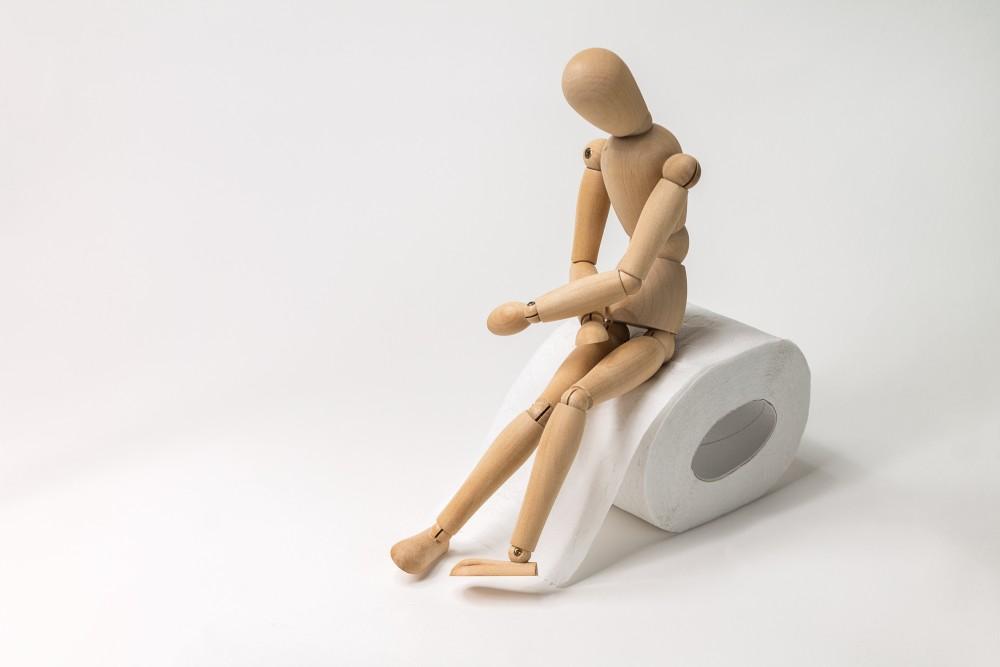
Constipation is so uncomfortable. You feel blocked and bloated, and even gassy and crampy. You strain to pass a lumpy, hard stool. Everyone suffers from constipation sometimes. But when the condition doesn’t resolve, or it becomes chronic, it’s time for professional help.
Our medical team at GI Physicians Inc. wants you to know when it’s time to see a doctor about your constipation, and what our gastroenterologists can do to help.
That depends on you. Some people have bowel movements at the same time each day. Some people naturally only move their bowels a few times a week. Normal bowel movements are what’s normal for you.
Constipation occurs when your normal patterns change, or when passing stools becomes painful and difficult. If your schedule slows down considerably, and you can’t empty your bowels no matter how hard you try, you’re probably constipated.
You can live with constipation for a few days, and most cases of constipation resolve by adding bulk to your diet and drinking more water. But if constipation persists, or if you’re having severe pain and cramping, it’s time to see a doctor.
Constipation often accompanies aging and a more sedentary lifestyle. But sometimes constipation is a symptom of some kind of digestive tract distress.
Also, constipation can result from the overuse of laxatives, which makes your digestive system lazy. It may also be linked to a habit of holding back bowel movements. Diabetes or a stroke can cause constipation, and so can taking certain antidepressants, narcotics, and iron supplements.
If you’re constipated all the time, and the condition causes pain and inconvenience, it’s usually time to see a doctor. Make an appointment immediately if you have bloody stools, unintended weight loss, or severe abdominal pain.
Chronic constipation can be an early sign of colon cancer or another serious condition. Constipation can also be a symptom of irritable bowel syndrome, hypothyroidism, or undiagnosed diabetes.
When you visit GI Physicians Inc., we evaluate your medical history and lifestyle to see if there’s an easy way to relieve your constipation. For instance, maybe exercise, which stimulates your digestion, will help. Sometimes adding more whole grains, fresh fruits, and vegetables solves the problem. Taking a fiber supplement and staying hydrated, which softens stools, may give you relief.
But if you’ve already tried those things, and changing your exercise and eating habits didn’t solve your chronic constipation, we investigate further to find the root cause of your problem so we can treat it and make you feel better.
If chronic constipation keeps you from enjoying life, schedule an appointment by calling our office in Lima, Ohio at 419-419-5138 or using our online scheduler.